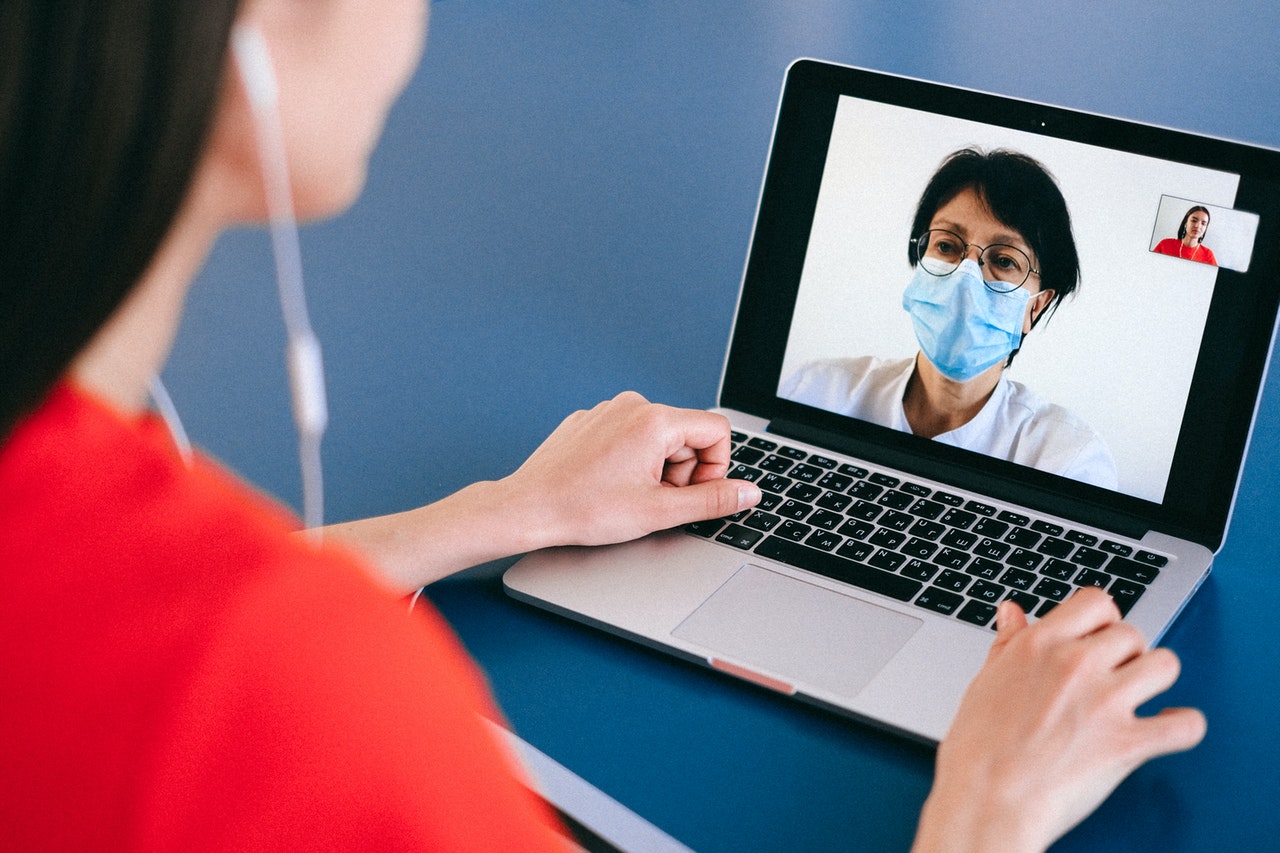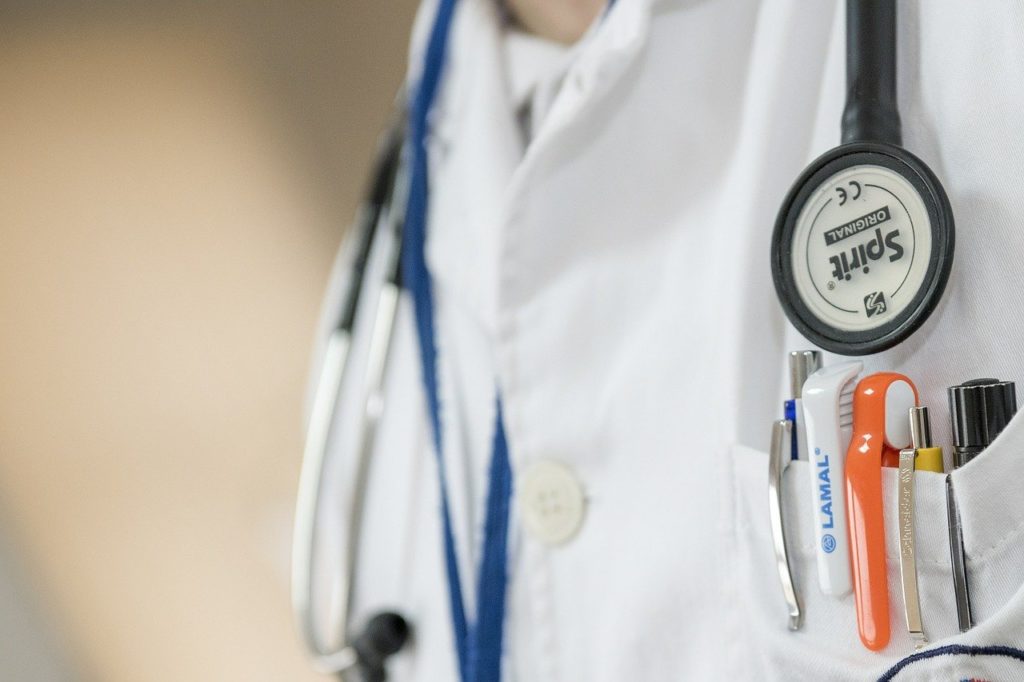Europe is currently facing a second wave of COVID-19 infections worse than the first. Many people find themselves once again sheltering in place to prevent hospitals from filling up which would cause the entire public healthcare system to collapse. Tens of thousands of new positive cases are being reported every day across France, Italy, Spain, and the United Kingdom.
With hospitals busy with patients who tested positive for the disease, many people have become afraid of seeking medical help. The anxiety of potentially catching the deadly virus has resulted in patients deciding to wait for an emergency before they see their doctor. By then, their condition is more serious and more difficult to treat.
The virus continues to spread and infect people across the world. What are private clinics doing to minimize the risk of COVID-19?
Limited Person Entry
It had been reiterated since the beginning of the pandemic that physical distancing is a primary strategy to reduce the risk of COVID-19. It would not be possible if there are several people within a small space. If there is even one person present who has the virus, they likely will infect someone else.
Reducing the number of people inside the clinic will allow staff to make sure that people are keeping a safe distance away from each other. This could mean that only the patient will be allowed inside. Mothers, for example, will have to get ultrasound baby scans on their own, with their partners waiting outside or at home. Some clinics are choosing to schedule appointments and only accept a limited number of patients on a given day. Some may have to wait longer to see a general practitioner, but they would feel safer knowing that there is no crowd in the waiting room.
Symptom Screening
In some cases, COVID-19 does not cause symptoms, it still would help catch infected individuals by checking their well-being. If they have a cough and a fever, clinics may direct them to a nearby testing centre. Some places conduct testing on-site before admission in order to immediately isolate those who have COVID-19.
The staff, too, are getting assessed every day. They have to report if they experience any symptoms associated with the disease which includes the loss of sense of taste and smell, sore throat, difficulty breathing, and chest pains.
Disinfecting Common-Traffic Area
Yes, the COVID-19 virus can survive on surfaces for hours up to days. If a patient touches a contaminated surface, such as a doorknob, and then bring their hands on their eyes, nose, and mouth, they can get sick.
In private clinics, it is a standard operating procedure to disinfect every surface where patients will come in contact. This includes doorknobs, tables, chairs, medical equipment, etc. Examination rooms are also thoroughly cleaned in between patients.
Electronic Services
It is clear now that COVID-19 is primarily spread via droplets. When an infected person coughs, sneezes, speaks, or exhales, they release contaminated droplets that, if inhaled, can make another person sick. Outdoors, these droplets immediately disperse and, therefore, can no longer infect. Indoors, however, the risk of infection remains high.
The less time a person spends inside a facility, whether it be a restaurant or a clinic, the lower the chances that they will catch the virus. So, as a response, many private clinics have introduced e-check-in. Patients can wait for their appointment outdoors or in their vehicles instead of the lobby.
As soon as they arrive at the clinic, they select and confirm their appointment as if they are at the front desk. They will be notified when they can come inside.
Telemedicine Consultations

Telemedicine use has seen a steep rise this year due to the pandemic. It is a safer alternative to going to the hospital. It also allows medical personnel to control the number of people coming into the clinic for medical advice.
Through a telemedicine platform, a patient can have a consultation with their doctor. They can raise symptoms they experience and even show changes to their physical appearance. The doctor can either diagnose and prescribe medication or invite the patient to go into the clinic and get more tests.
Patients who may not feel safe to go out of their homes will still get the medical help they need. On the other hand, waiting rooms will have space for physical distancing for patients with more serious ailments.
In addition, private clinics request patients to wear a mask and to use an alcohol-based sanitizer at all times. With these precautionary measures in place, patients should feel more confident that they will be well-protected when they go to the clinic.
